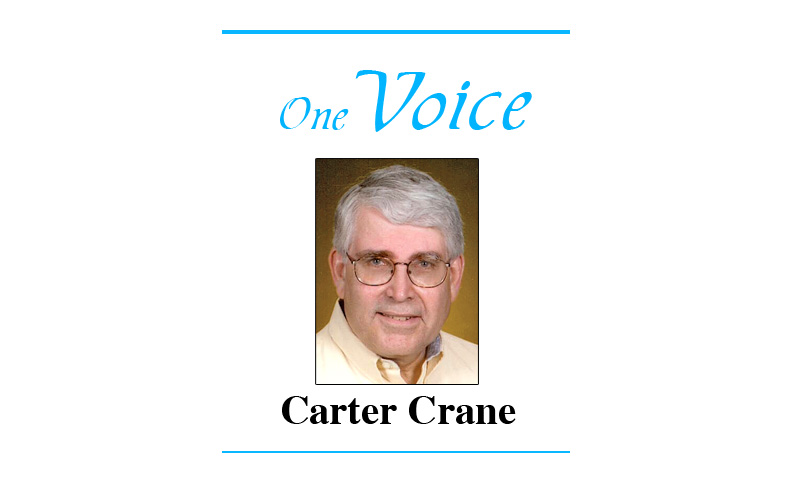
We have a tendency to gloss over the significance of the United States Declaration of Independence. It is the reason for Independence Day. It contains substance. Independence Day is understood and properly celebrated by a growing number of United States residents. There are many others who see it as a time for barbecues, parades, picnics, family gatherings, games, and time away from routine. Independence Day is all of those previous items, however, there are additional reasons to celebrate the Nation’s independence.
We must maintain a balance. Those individuals who took steps to sever official ties with England, July 4, 1776, 245 years ago, were flawed human beings, not gods that some would seek to deify, however, they were men of conviction, duty, honor. Women did not participate in politics directly.
The men were well educated for the times. They grew up in a time in which Colonies were expected to pay homage to the King of England and his dictates, including increased taxation for the benefit of a growing world power. The colonies, trading partners with England and other European countries, continued to grow more prosperous and understood there were fertile lands to the West which could become a part of the Colonies, or, even a separate country. Sentiment was divided between independence and traditional loyalty, with educated men on each side. The balance gradually swung to independence, with the understanding that it could lead to war. With geographical distance, loyalty was greater to the Colonies than to the King.
Five men were the writers, although youthful Thomas Jefferson of Virginia took the lead and wrote the final drafts. Wise and elderly Benjamin Franklin of Pennsylvania, in essence, was the editor. The five men collaborated continually. It took them, with Jefferson in the strong lead, 17 days to complete with revisions and new ideas. It was much more than a school homework assignment. It was critical life and death. The other three authors were John Adams of Massachusetts, Roger Sherman of Connecticut, and Robert Livingston of New York.
The Second Continental Congress subsequently made a few changes.
Following the preamble and the lengthy list of grievances against the king (unnamed, George) was a solemn oath among the many signers: “…And for the support of this Declaration, with a firm reliance on the protection of divine Providence, we mutually pledge to each other our Lives, our Fortunes, and our sacred honor.” Signed by 56 representatives of the 13 Colonies, most of the men were at least reasonably prosperous, fairly well, or greatly, educated, and willing to take risks, ready to stand up for their convictions, and form a new government and a new future. The latter part might be the most significant. They were ready to take risks, shed caution, and form a bond for the improvement of their states.
The vast majority of today’s national politicians and representatives, in their calculated, cautious, manner, would not relate to the individual stakes of the 56 signers. Here is the preamble signed unanimously by all 56 representatives:
“When in the course of human events, it becomes necessary for one people to dissolve the political bands which connected them with another, and to assume among the powers of the earth, the separate and equal station to which the Laws of Nature and Nature’s god entitle them, a decent respect to the opinions of mankind requires that they should declare the causes which impel them to the separation.
“We hold these truths to be self-evident, that all men are created equal, that they are endowed by their Creator with certain unalienable Rights, that among these are Life, Liberty, and the pursuit of Happiness. That to secure these rights, Governments are instituted among Men, deriving their just powers from the consent of the governed….”
Clear and Concise, Week 26, Year 2:
We should be grateful and seek to live up to the tenets of the Declaration and to the U.S. Constitution.

